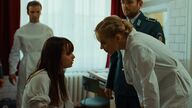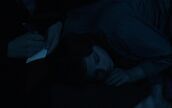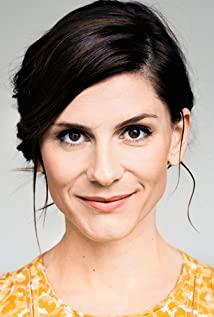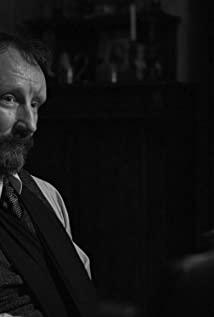The film avoids people's illusions about East Germany, and also avoids all the expectations of ordinary audiences for a film that reflects East Germany. The director gently pointed the camera at an inconspicuous village doctor in East Germany—Barbara. Her life and love were unremarkable, but with authenticity and universality. Unlike the strong war elements in previous German movies, everything in "Barbara" is unbearable. Gentle shots, monotonous dialogue, ordinary plots, unremarkable contradictions and conflicts. But all the entangled contradictions are also what the audience can imagine. In the film, the hoarseness of war is hidden in a woman's daily boring trivia, and love also becomes reality in a tired and chatty life. In addition to the calm and restrained lens editing, the tone of the whole film is cold, even when the sun is shining, it is still calm and rigorous. The beautiful and lush countryside scenery and the clear wind permeating all are shown in the film one by one.
The slightly interesting part of "Barbara" is its age. The East German setting in the 1980s brought the topic of the Cold War to the table. However, there are no symbols like the Berlin Wall, and there are no interspersed editing of various historical materials and images. From the point of view of the film's plot setting alone, "Barbara" does not have any ambitions that cannot be achieved. On the surface, it is love, but what "Barbara" actually magnifies is the social environment and state of mind during the Cold War. The social reality touched by the film is cruel and cruel, and one or two can be glimpsed from the setting of the two patients. The photographer's clean lens set the tone of the film to the greatest extent.











